-
 bitcoin
bitcoin $87959.907984 USD
1.34% -
 ethereum
ethereum $2920.497338 USD
3.04% -
 tether
tether $0.999775 USD
0.00% -
 xrp
xrp $2.237324 USD
8.12% -
 bnb
bnb $860.243768 USD
0.90% -
 solana
solana $138.089498 USD
5.43% -
 usd-coin
usd-coin $0.999807 USD
0.01% -
 tron
tron $0.272801 USD
-1.53% -
 dogecoin
dogecoin $0.150904 USD
2.96% -
 cardano
cardano $0.421635 USD
1.97% -
 hyperliquid
hyperliquid $32.152445 USD
2.23% -
 bitcoin-cash
bitcoin-cash $533.301069 USD
-1.94% -
 chainlink
chainlink $12.953417 USD
2.68% -
 unus-sed-leo
unus-sed-leo $9.535951 USD
0.73% -
 zcash
zcash $521.483386 USD
-2.87%
how nft works technically
NFTs utilize blockchain technology, specific token standards, and smart contracts to create unique and immutable digital assets with exclusive ownership and transferability.
Oct 23, 2024 at 07:53 am
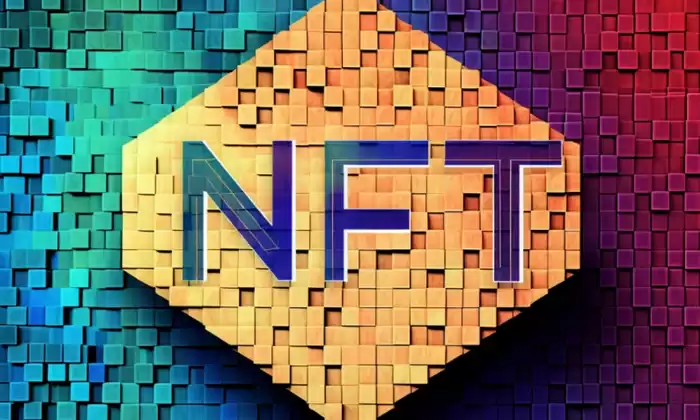
How NFTs Work Technically: A Comprehensive Guide
NFTs (Non-Fungible Tokens) have surged in popularity in recent years, capturing the attention of collectors, investors, and artists alike. Understanding the technical underpinnings of NFTs is crucial to fully grasp their functionality and potential.
1. Blockchain Technology
NFTs are built on top of blockchain technology, particularly on the Ethereum blockchain. This decentralized and immutable network ensures the authenticity and security of NFTs. Each NFT is represented by a unique entry in a blockchain ledger, providing an irrefutable record of ownership.
2. Token Standards
NFTs adhere to specific token standards, such as ERC-721 and ERC-1155. These standards define the technical characteristics and attributes of NFTs, allowing them to be easily traded and manipulated on popular marketplaces.
3. Minting
NFT minting is the process of creating a new NFT. It involves digitizing an asset (such as a piece of artwork, music, or video) and storing its metadata on the blockchain. The metadata includes information such as the asset's name, description, and unique identifying properties.
4. Ownership and Transferability
Once an NFT is minted, it represents exclusive ownership of the underlying asset. Ownership can be transferred from one address to another through blockchain transactions. Each transaction is immutably recorded on the ledger.
5. Smart Contracts
NFTs often utilize smart contracts to govern their functionality and behavior. Smart contracts are autonomous programs that execute predefined actions based on the occurrence of specific events. For example, a smart contract can allow an NFT creator to receive a royalty every time the NFT is sold.
6. Metadata
As mentioned earlier, each NFT has associated metadata that provides crucial information about the asset. This data is often stored on decentralized IPFS (InterPlanetary File System), ensuring its persistence and accessibility.
7. Pricing and Marketplace
NFTs can be sold and bought on various marketplaces, each with its own unique mechanisms and fees. The price of an NFT is typically determined by factors such as its rarity, artistic value, and historical significance.
8. Environmental Concerns
The process of minting and trading NFTs consumes a significant amount of energy, raising concerns about the environmental impact of blockchain technology. Some platforms are exploring alternative consensus mechanisms and carbon offsetting initiatives to mitigate this issue.
9. Future Applications
The potential applications of NFTs extend beyond digital art and collectibles. They can be used to represent real-world assets, track supply chains, manage digital identities, and revolutionize various industries.
Disclaimer:info@kdj.com
The information provided is not trading advice. kdj.com does not assume any responsibility for any investments made based on the information provided in this article. Cryptocurrencies are highly volatile and it is highly recommended that you invest with caution after thorough research!
If you believe that the content used on this website infringes your copyright, please contact us immediately (info@kdj.com) and we will delete it promptly.
- Big Apple Bites: While Ethereum Grapples, DeepSnitch AI Whispers of a 1000x Run
- 2026-02-07 06:30:02
- Token cat appointments furong tian to lead audit Amdst Strategic Reshffle
- 2026-02-07 06:40:01
- Brent Key Forges Georgia Tech's "Bully Ball" Identity, Reshaping ACC Competitiveness
- 2026-02-07 07:10:01
- Bithumb's Bitcoin Flash Crash: Billions in Error, Millions in Losses
- 2026-02-07 07:10:01
- Stock Strategy, Market Collapse, and Rebound: Navigating the Bitcoin Rollercoaster
- 2026-02-07 07:05:01
- Metaplanet Faces Mounting Pressure as Bitcoin Dives, CEO Affirms Unwavering Accumulation Strategy
- 2026-02-07 04:15:01
Related knowledge
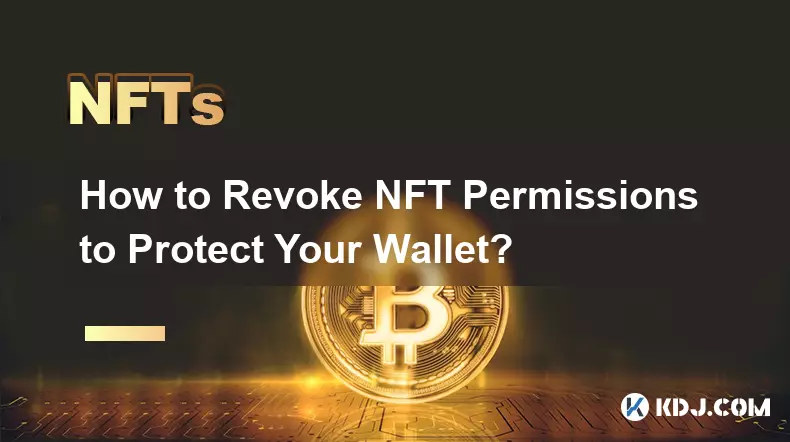
How to Revoke NFT Permissions to Protect Your Wallet?
Feb 06,2026 at 11:00am
Understanding NFT Permission Risks1. Many decentralized applications request unlimited approval when users connect their wallets to interact with NFTs...
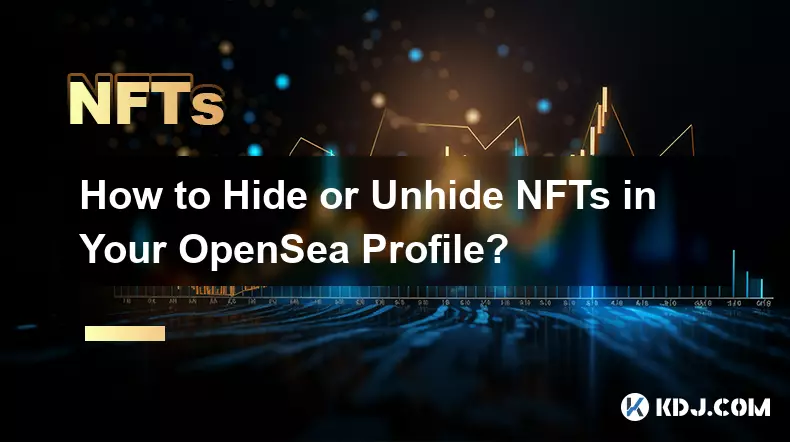
How to Hide or Unhide NFTs in Your OpenSea Profile?
Feb 05,2026 at 12:39pm
Understanding NFT Visibility on OpenSea1. OpenSea allows users to manage the visibility of their NFTs directly from their profile page without requiri...
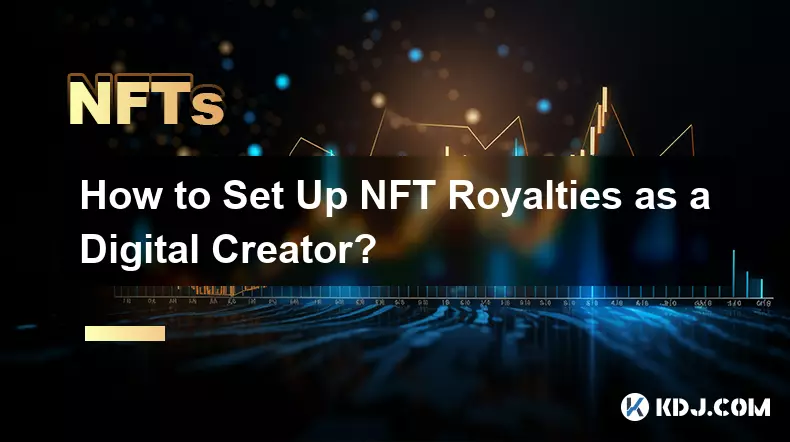
How to Set Up NFT Royalties as a Digital Creator?
Feb 06,2026 at 05:19pm
Understanding NFT Royalty Mechanics1. NFT royalties are programmable percentages paid to the original creator each time their token is resold on a sec...

How to Use LooksRare to Earn Trading Rewards?
Feb 05,2026 at 03:39pm
Understanding LooksRare's Reward Mechanism1. LooksRare distributes LOOKS tokens to users who actively trade on the platform, not just hold assets. 2. ...
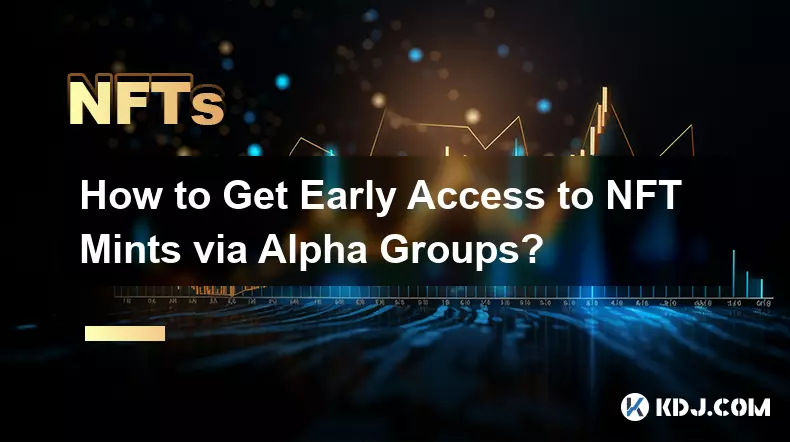
How to Get Early Access to NFT Mints via Alpha Groups?
Feb 05,2026 at 06:59am
Understanding Alpha Groups in the NFT Ecosystem1. Alpha groups are private or semi-private communities that aggregate collectors, developers, and insi...
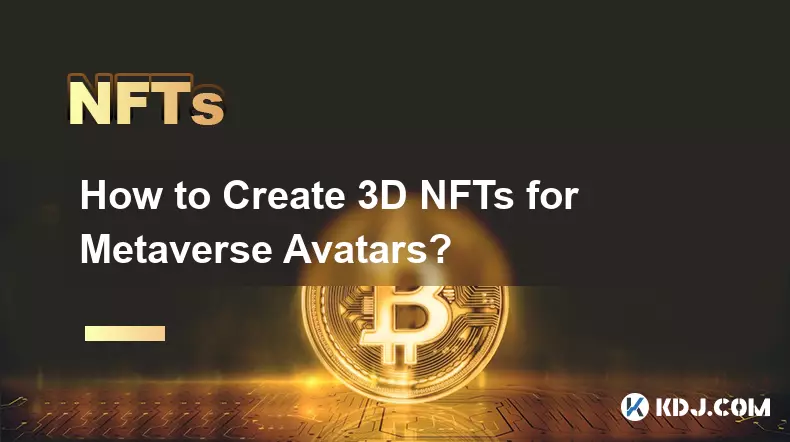
How to Create 3D NFTs for Metaverse Avatars?
Feb 05,2026 at 12:00pm
Understanding 3D NFT Fundamentals1. A 3D NFT is a non-fungible token that represents a unique three-dimensional digital asset, often used as wearable ...

How to Revoke NFT Permissions to Protect Your Wallet?
Feb 06,2026 at 11:00am
Understanding NFT Permission Risks1. Many decentralized applications request unlimited approval when users connect their wallets to interact with NFTs...

How to Hide or Unhide NFTs in Your OpenSea Profile?
Feb 05,2026 at 12:39pm
Understanding NFT Visibility on OpenSea1. OpenSea allows users to manage the visibility of their NFTs directly from their profile page without requiri...

How to Set Up NFT Royalties as a Digital Creator?
Feb 06,2026 at 05:19pm
Understanding NFT Royalty Mechanics1. NFT royalties are programmable percentages paid to the original creator each time their token is resold on a sec...

How to Use LooksRare to Earn Trading Rewards?
Feb 05,2026 at 03:39pm
Understanding LooksRare's Reward Mechanism1. LooksRare distributes LOOKS tokens to users who actively trade on the platform, not just hold assets. 2. ...

How to Get Early Access to NFT Mints via Alpha Groups?
Feb 05,2026 at 06:59am
Understanding Alpha Groups in the NFT Ecosystem1. Alpha groups are private or semi-private communities that aggregate collectors, developers, and insi...

How to Create 3D NFTs for Metaverse Avatars?
Feb 05,2026 at 12:00pm
Understanding 3D NFT Fundamentals1. A 3D NFT is a non-fungible token that represents a unique three-dimensional digital asset, often used as wearable ...
See all articles










































































